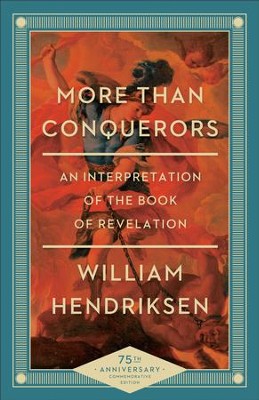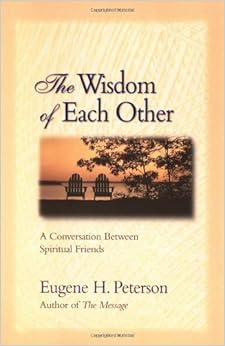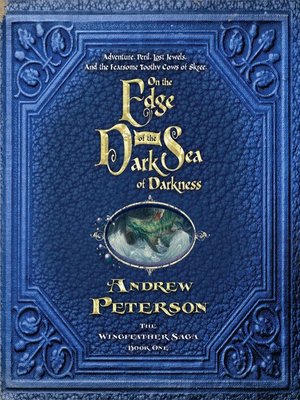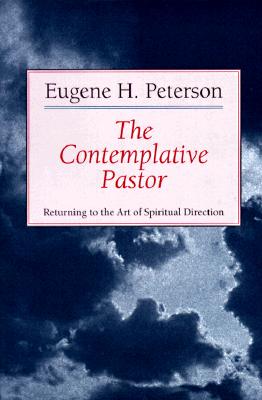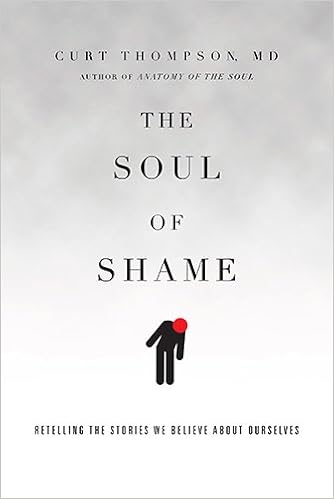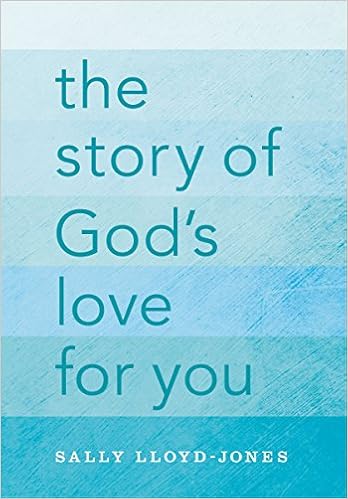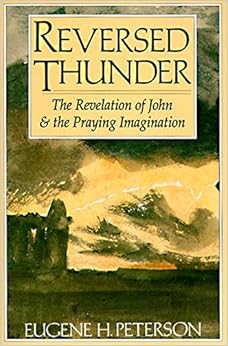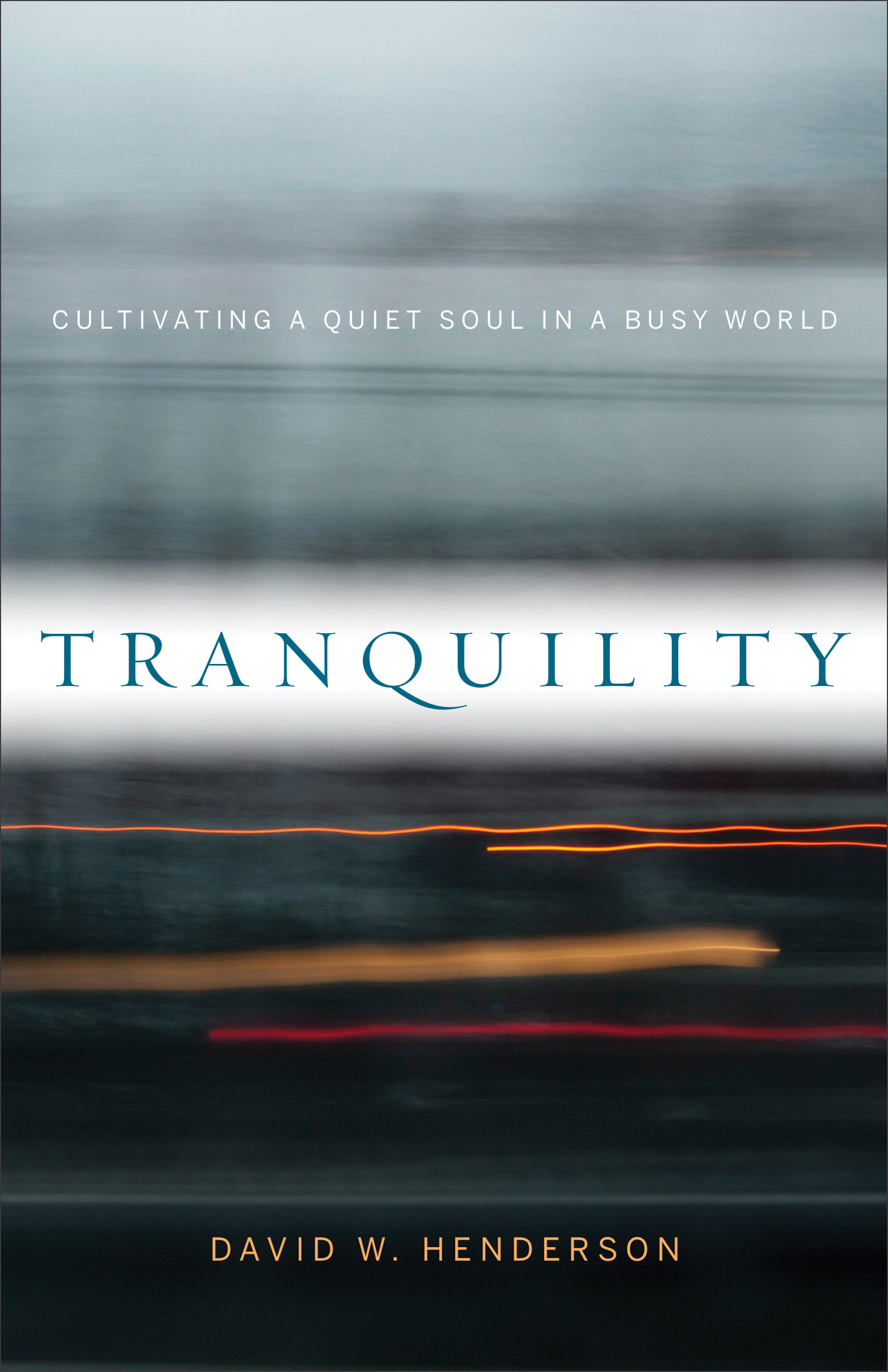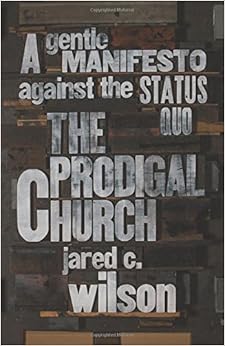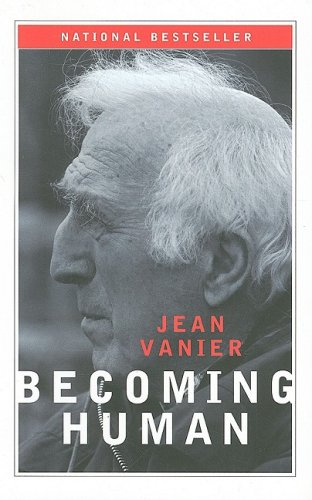
(Trigger warning: before proceeding, I want you to know that in the post that follows, I share some very difficult things).
The tragic events yesterday in Paris are another reminder that things are not like they are supposed to be. People attending a show aren't supposed to die at the hand of terrorists. Contrary to Charlie Hebdo cartoonist Joann Sfar's recent
suggestion to the contrary, Paris does need our prayer.
We also need your prayer. Our kids in Haiti need your prayer. Our friends in Haiti need your prayer. Though the French Blue, White, and Red dominate social media, much less attention has been directed to what has been happening in Haiti. Because not one of the dozen or so people I spoke with this weekend had any idea what was happening in Haiti, let me catch you up. The small country is in the middle of a presidential election. From the initial field of 54 candidates, the field is narrowed to two candidates for a December 27 run off election. On the heels of the primary election, there are widespread allegations of fraud. With these allegations comes unrest.
In his opening to a November 12
article, David Ariosto wrote, "Demonstrators wielding machetes and handguns gathered early Thursday morning in Port-au-Prince amid increased tensions surrounding Haiti's recent presidential elections." The article continues on to tell of gunfire in the capital, a charred and mutilated body found in one of the city's richest neighborhoods, and constant fears of gangs breaking into people's homes and gang raping women. My kids live there. Did you hear me?
Jasmine and Calvin
my children
Live
There.
Right in the middle of this mess. Gunshots. Gangs. Violence.
My kids and my friends fearing for their safety everyday and now more than ever.
Please don't brush by these words. Enter the story with us. Imagine that you do not allow your precious little ones--blond haired, blue eyed beauties--to go to the playground a block away because if you do, there is a chance that a gang of thugs will chase them down, back them up to a chain link fence and cut them to pieces with their machetes because they were in the wrong place at the wrong time.
Imagine that your daycare provider, the one who teaches, consoles and loves your child fears for her life every day on the way to work. Because she loves your family, she makes the journey, always looking over her shoulder, knowing that one of these days she could be raped.
Imagine that you are at home, tucking your little ones into bed with a story, a prayer, and a kiss on the head when you hear a loud bang from downstairs. Peace has given way to chaos when you realize that men have entered the house with every intention of brutally raping and killing your family.
Please don't whitewash these scenes. Let the emotion of them move you to act. This is Jasmine's and Calvin's and many more Haitians reality.
People often ask us "what's the hold up?" I don't have a good answer. We have been working on this for nearly five years. We have done everything that has been asked of us. We obtained the requested genetic testing to prove that their mother was indeed their mother. We have provided document after document after document. The children have been legally ours--legally Kanzes--for
years. And yet they remain in Haiti, awaiting approval from the USCIS (United States Citizenship and Immigration Services) for their visas to come to the United States, to come home. To their beds and their place around our table.
I read another article today that 10,000 Syrian refugees have just arrived in New Orleans. Perhaps it would be better if my children were treated as refugees. Then at least they would be allowed across our borders.
So what's the hold up? I sincerely do not know. Can't someone help us? Senators Baldwin or Johnson? Congressman Kind? Director Rodriguez (USCIS)? President Obama? Ben Carson?
Can someone from the media draw attention to our story? ABC? CBS? CNN? FOX? NBC? The New York Times? The Washington Post? The Blaze? The Huffington Post?
If you are reading this, what can you do?
First, pray.
Second, share this post so that others may join us in prayer and protest. Tweet it. Facebook it. Pin it. Email it. Please just get it out there.
Third, feel free to contact your senators, representatives, local newscasters, or national reporters. Let's get the word out.
Fourth, if you want to help pay for security and keep our Haitian loved ones safe, please consider donating
here.
Fifth, pray again--for Paris and for us.
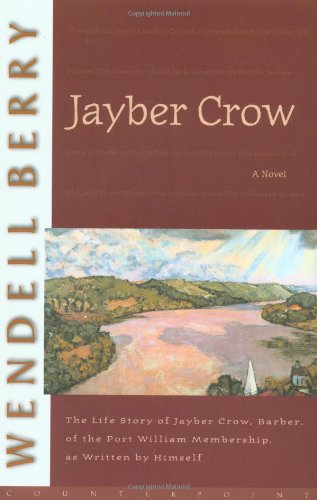 Two of my favorite writers--artists really--with the last name Peterson (Andrew and Eugene) have each mentioned the importance of Wendell Berry upon them. Intrigued, I sent for his book Jayber Crow (2000), one of the many titles set in the fictional Port William, Kentucky.
Two of my favorite writers--artists really--with the last name Peterson (Andrew and Eugene) have each mentioned the importance of Wendell Berry upon them. Intrigued, I sent for his book Jayber Crow (2000), one of the many titles set in the fictional Port William, Kentucky.



